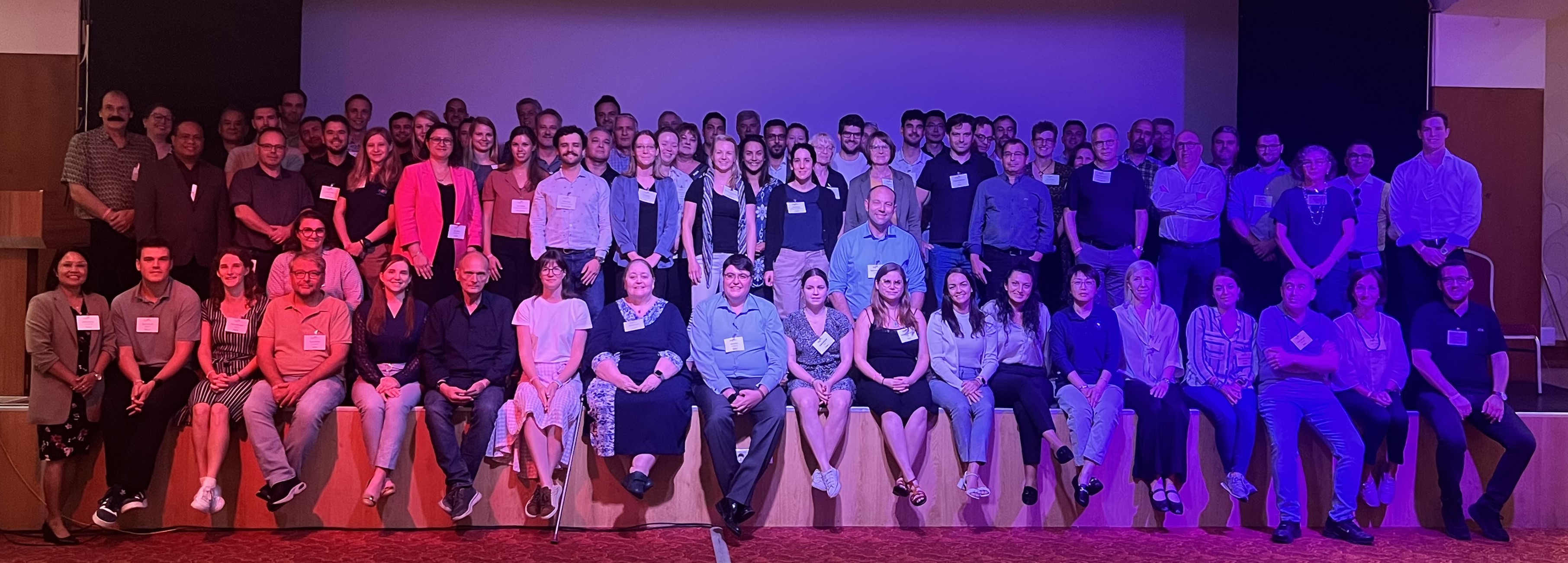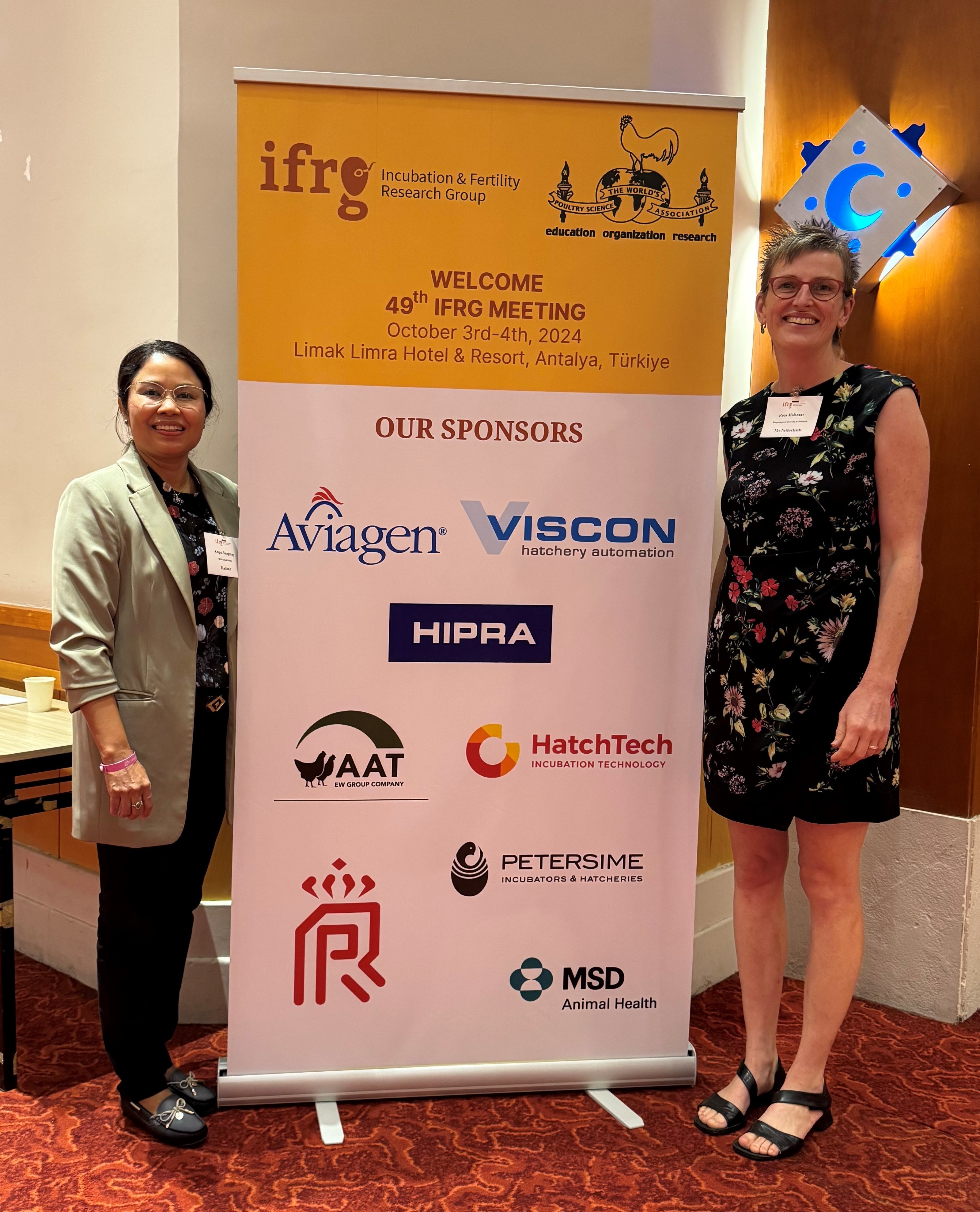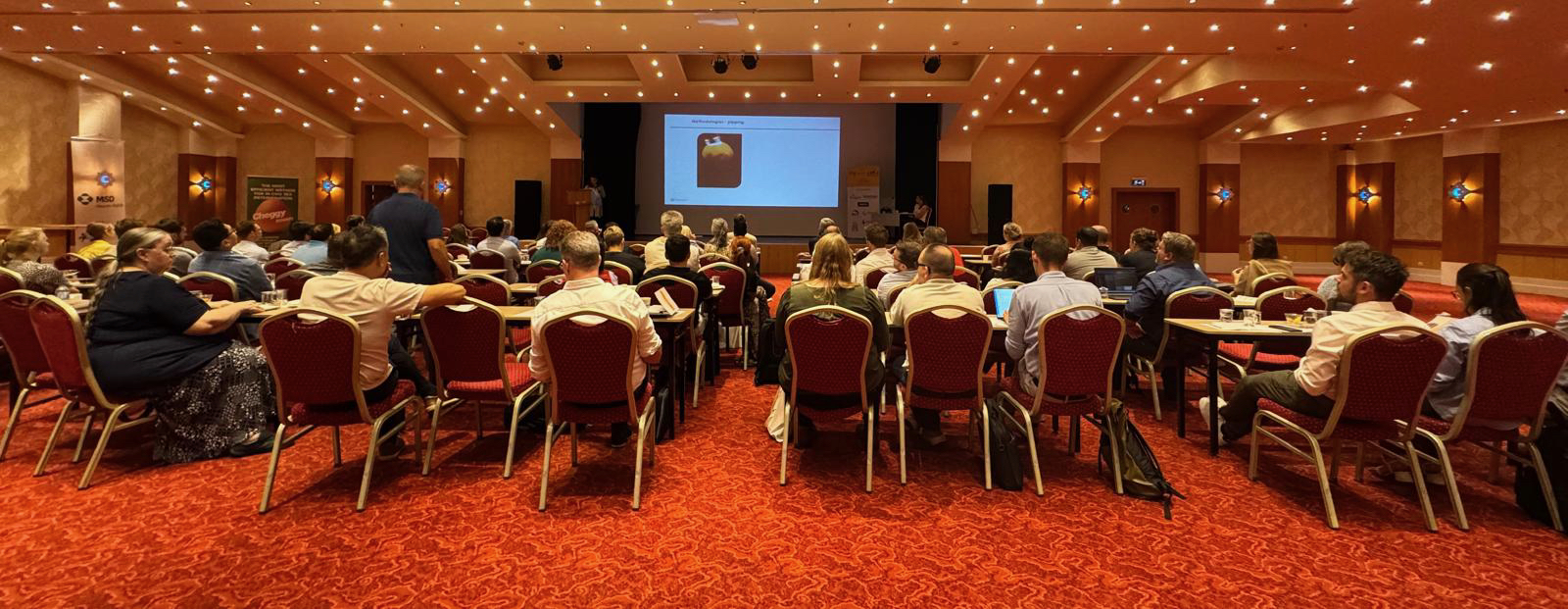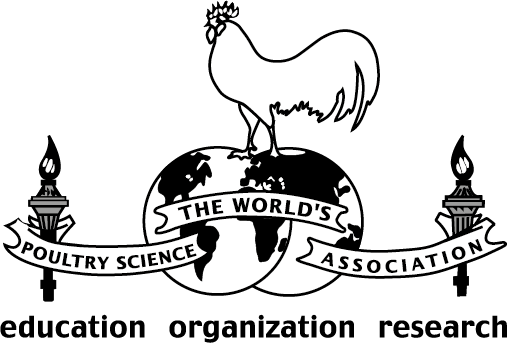Our sponsors and partners
We value our Sponsors & Partners
Support provided by corporations and businesses makes it possible to develop and implement programs, projects and resources.
For more information on the opportunity to become a Sponsor, please contact Roos Molenaar, President IFRG at president@ifrg.be








.png)


.png)


